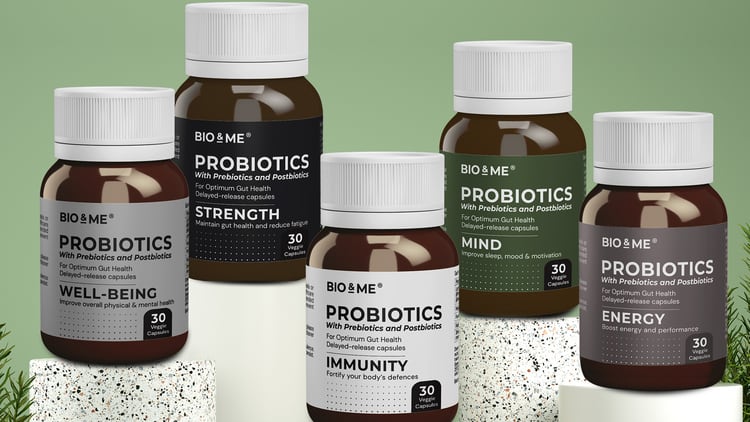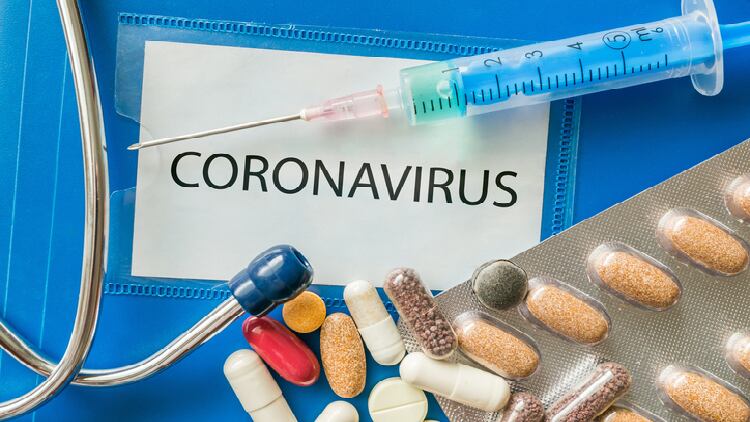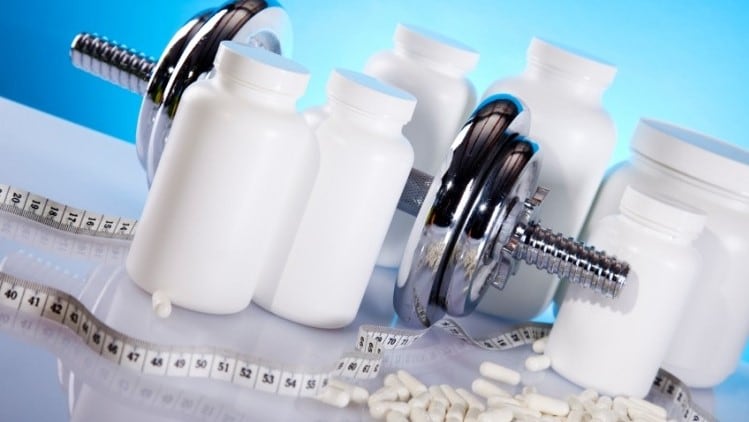Its protective effect became apparent when creatine kinase (CK) and malondialdehydes (MDA) levels were measured immediately after exercise or in athletes.
The results and analysis were documented in the paper titled “Can Low-Dose of Dietary Vitamin E Supplementation Reduce Exercise-Induced Muscle Damage and Oxidative Stress? A Meta-Analysis of Randomized Controlled Trials” published in the journal Nutrients.
A total of 17 RCTs were examined for the meta-analysis, with subjects aged between 18 to 40 years old. Vitamin E dosage ranged from 300 to 1,318IU daily.
Findings
CK and lactate dehydrogenase (LDH) concentrations were used to examine the effect of dietary vitamin E supplementation on exercise-induced muscle damage.
The overall effect of vitamin E supplementation on muscle damage was significant, immediately after exercise. However, no protective effect was detected at the 24-hour and 48-hour mark after exercise.
In contrast, high doses of vitamin E supplementation did not affect muscle damage. Vitamin E supplementation significantly decreased CK concentration in athletes, but there was no beneficial effect in non-athletes.
Another muscle damage marker, the LDH concentration, was analysed in four RCTs. Vitamin E supplementation showed a significant reduction of LDH immediately after exercise.
Dietary vitamin E supplementation decreased exercise-induced muscle damage immediately after exercise, demonstrated by CK. Given that CK concentrations typically peak within 24 hours of exercise, as recorded by Callegari G.A et al., the results suggested that vitamin E supplementation protected muscle damage more effectively at an early stage.
The protective effects of vitamin E supplementation on exercise-induced muscle damage were relatively clear with a lower dosage (≤500 IU) and in athletes.
In conclusion, this meta-analysis showed that dietary vitamin E supplementation could significantly reduce biomarkers related to exercise-induced muscle damage and oxidative stress. The protective effect of vitamin E became apparent when CK and MDA were measured immediately after exercise or in athletes.
Low doses of vitamin E supplementation also had significant protective effects against exercise-induced muscle damage and oxidative stress.
However, vitamin E supplementation was not significantly effective on exercise-induced inflammation, despite the small number of RCTs included.
Hence, more RCTs are required to analyse various factors in clarifying the effects of dietary vitamin E supplementation on exercise-induced muscle damage, oxidative stress, and inflammation.
Source: Nutrients
DOI: 10.3390/nu14081599
“Can Low-Dose of Dietary Vitamin E Supplementation Reduce Exercise-Induced Muscle Damage and Oxidative Stress? A Meta-Analysis of Randomized Controlled Trials”
Authors: Kim Myunghee et al.




